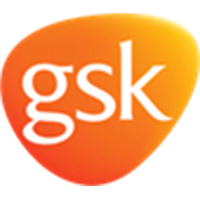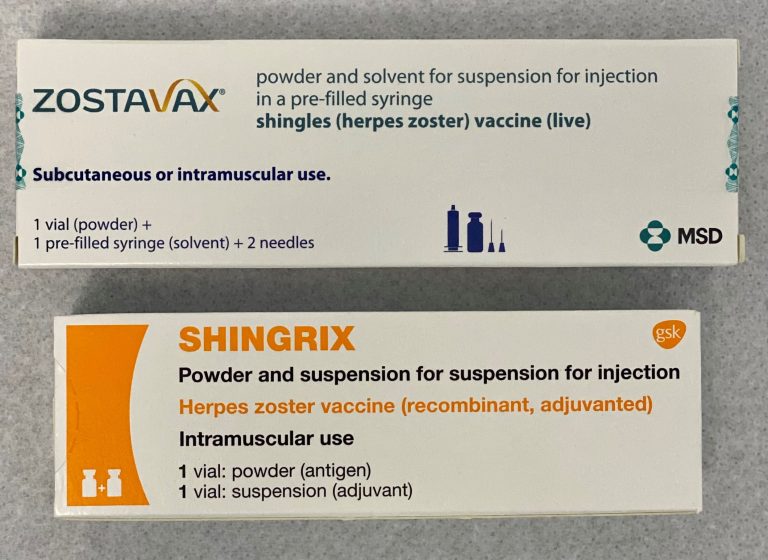GlaxoSmithKline Plc (LON:GSK) – ViiV Healthcare today presented three-year results from LATTE-2,[1] a phase IIb study investigating a long-acting, two-drug, injectable regimen of cabotegravir and rilpivirine. At 160 weeks, the long-acting regimen, administered either every eight weeks or every four weeks, demonstrated high rates of virologic response, long-term durability of virologic response and good overall tolerability. These results were presented at the HIV Glasgow Drug Therapy meeting in Scotland.
John C. Pottage, Jr., MD, Chief Scientific and Medical Officer, ViiV Healthcare, said, “Our two-drug regimen research efforts explore a number of treatment options that look beyond viral load and focus on addressing the unresolved issues that many people living with HIV face. The LATTE-2, three-year data show cabotegravir and rilpivirine as a long-acting injectable regimen may provide an alternative to daily pills, reducing the number of annual doses from 365 to 12. It is encouraging to see these long-term results.”
At 160 weeks, 90% (104/115) and 83% (95/115) of the patients receiving the injectable regimen of cabotegravir and rilpivirine every eight and four weeks, respectively, remained virally suppressed. Of the patients on the oral comparator arm who elected to switch to the injectable regimen at Week 96, 97% (33/34) and 100% (10/10) remained virally suppressed on every eight- and four-week dosing schedule, respectively, at Week 160. Through Week 48, two patients developed protocol-defined virologic failure (PVDF) on the every-eight-week dosing arm, one with treatment-emergent, non-nucleoside reverse transcriptase inhibitor (NNRTI) and integrase inhibitor (INI) resistance. No additional PVDF cases were observed on any arm between Week 48 and Week 160.[2]
A majority of participants reported an injection site reaction (ISR) through Week 160, of which 85% were mild and 14% were moderate. Eighty-seven percent of ISRs resolved within seven days. Excluding ISRs, the most common adverse events (AEs) were nasopharyngitis (38%), diarrhoea (22%), and headache (22%). Three percent (3/115; Q8W) and 10% (12/115; Q4W) of patients had AEs leading to withdrawal or discontinuation and only 3/274 patients had ISRs leading to discontinuation through Week 160.
The long-acting regimen of cabotegravir and rilpivirine is being investigated in three phase III studies: FLAIR,[3] ATLAS[4] and ATLAS-2M.[5] The ATLAS studies are evaluating the safety and efficacy of the four-week and eight-week dosing regimen in people living with HIV who are suppressed on any three-drug oral regimen with two NRTIs, while FLAIR is looking at people living with HIV who are suppressed on TRIUMEQ (DTG/ABC/3TC).
Patients in LATTE-2 were first put on an oral, three-drug regimen for 20 weeks, then were randomised to receive either the long-acting injectable (LAI) regimen every four or every eight weeks; or to continue the three-drug, oral regimen. After 96 weeks, patients on the LAI regimen were extended through to 160 weeks and patients on the oral regimen were given the option of transitioning to the LAI regimen either every four or eight weeks.
About GSK
GSK – one of the world’s leading research-based pharmaceutical and healthcare companies – is committed to improving the quality of human life by enabling people to do more, feel better and live longer.









































